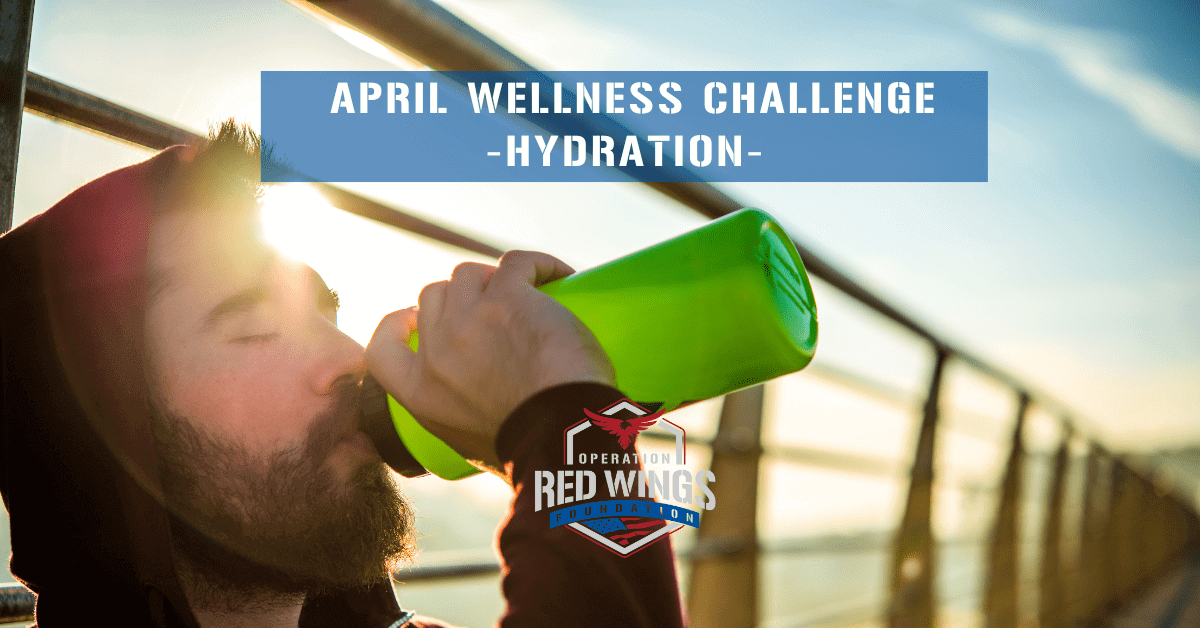Hydration is essential for the proper functioning of the human body. Water makes up about 60% of an adult’s body weight, and it plays a crucial role in many of the body’s functions, including regulating body temperature, transporting nutrients, and aiding in digestion.
A lack of hydration can have serious consequences for our health. Even mild dehydration can cause symptoms such as fatigue, headache, and muscle cramps. Chronic dehydration can lead to more serious health problems, including kidney stones, high blood pressure, and even cardiovascular disease.
But being adequately hydrated has numerous benefits for the body. Here are just a few:
Improved physical performance: Dehydration can affect physical performance, particularly during endurance activities. In a study of runners, researchers found that those who were dehydrated had a slower running pace, higher heart rate, and higher body temperature compared to those who were adequately hydrated. Adequate hydration can help to prevent these negative effects and improve physical performance.
Enhanced cognitive function: Dehydration can also affect cognitive function, including memory, attention, and mood. In a study of young women, researchers found that those who were dehydrated had a significant decrease in memory and attention compared to those who were adequately hydrated. Adequate hydration can help to improve cognitive function and increase productivity.
Better skin health: Water is essential for maintaining healthy skin. It helps to keep the skin hydrated and plump, which can help to reduce the appearance of fine lines and wrinkles. Adequate hydration can also help to improve skin elasticity and reduce the risk of skin problems such as acne.
Improved digestion: Water is necessary for the digestion of food and the absorption of nutrients. It helps to soften stools and prevent constipation. Adequate hydration can help to improve digestion and prevent digestive problems.
Weight management: Drinking water can also help with weight management. It can help to fill you up and reduce your appetite, which can help you eat less and maintain a healthy weight. In a study of overweight and obese adults, researchers found that those who drank water before meals lost significantly more weight compared to those who did not.
So, how much water should you be drinking? The general recommendation is to drink at least 8 glasses of water per day, which is about 2 liters. However, this may vary depending on factors such as your age, gender, and level of physical activity. For example, athletes and those who engage in intense physical activity may need to drink more water to compensate for the water lost through sweat.
It’s important to note that you don’t have to rely solely on plain water to meet your hydration needs. Other beverages such as milk, juice, and even coffee and tea can contribute to your daily fluid intake. Fruits and vegetables, particularly those with a high water content, can also help to hydrate the body.
So, are you ready to take on the #ORWFWellnessChallenge and commit to drinking a minimum of 2 liters of water per day during the month of April? By making this simple change, you can improve your physical and cognitive function, maintain healthy skin, improve digestion, and even manage your weight. Remember, hydration is essential for the proper functioning of the body, so make sure to drink up!






